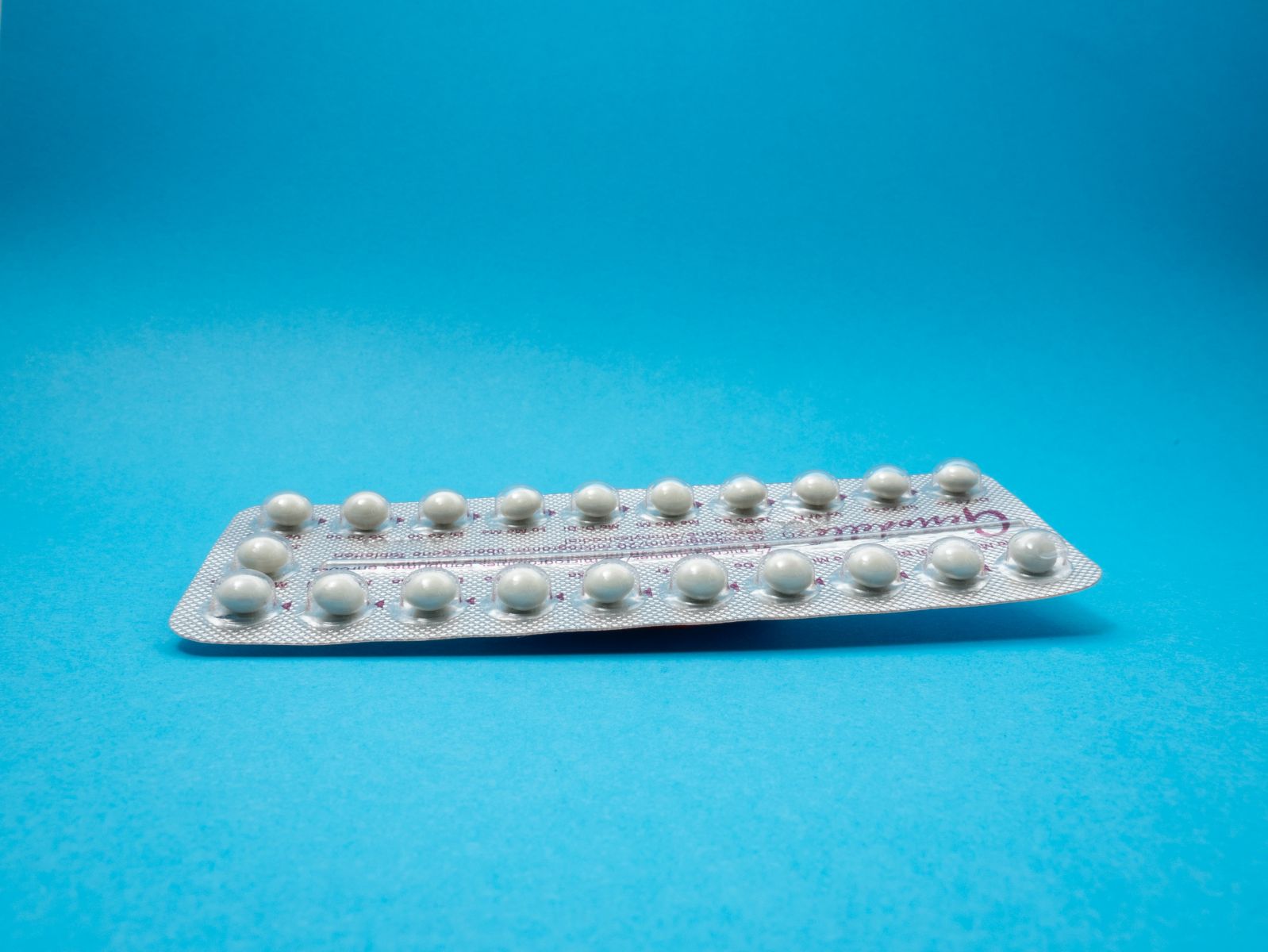Endometriosis Awareness Month
1st March 2021 - 31st March 2021
What is Endometriosis?
Endometriosis is a condition where tissue similar to the inner lining of the womb (endometrium) is found elsewhere, usually in the pelvis around the womb ovaries and fallopian tubes It is a very common condition, affecting around 1 in 10 women. You are more likely to develop endometriosis if your mother or sister has had it. Endometriosis usually affects women during their reproductive years. It can be a long-term condition that can have a significant impact on your general physical health, emotional wellbeing and daily routine.

Symptoms of Endometriosis
The symptoms of endometriosis can vary. Some women are badly affected, while others might not have any noticeable symptoms.The main symptoms of endometriosis are:
-
Pain in your lower tummy or back (pelvic pain) – usually worse during your period
-
Period pain that stops you doing your normal activities
-
Pain during or after sex
-
Pain when peeing or pooing during your period
-
Feeling sick, constipation, diarrhoea, or blood in your pee during your period
-
Difficulty getting pregnant


How do you get Endometriosis?
The cause of endometriosis is not known. However, it has not happened because of anything you have done, or not done. Genetic, environmental and anatomical causes may contribute to the development of endometriosis.
What are the options for treatment?
The options for treatment include those listed below.
-
Pain-relieving Medication - There are several different medications to help relieve your pain. These can range from over-the-counter remedies to prescribed medications from your healthcare professional. In more severe situations, you may be referred to a specialist pain management team.
-
Hormone Treatments - These treatments reduce or stop ovulation (the release of an egg from the ovary) and therefore allow the endometriosis to shrink by decreasing hormonal stimulation. Some hormone treatments that may be offered are contraceptive and will also stop you becoming pregnant. Other hormonal treatments are available but these are not contraceptives. Therefore, if you do not want to become pregnant, you will need to use a contraceptive as well.
-
Surgery - Surgery can treat or remove areas of endometriosis. The surgery recommended will depend on where the endometriosis is and how extensive it is. This may be done when the diagnosis is made or may be offered later. Success rates vary and you may need further surgery. Your gynaecologist will discuss the options with you fully.
-
Fertility Treatment - Getting pregnant can be a problem for some women with endometriosis. Hormonal treatment is not advisable when you are trying to conceive and surgical treatment may be more appropriate. Your healthcare professional should provide you with information about your options and arrange timely referral to a fertility specialist if appropriate.
-
Other Alternatives - Some women have found that excercise, cutting out certain foods or psychological therapies helpful.
Helpful Resources
Published: Mar 1, 2021

